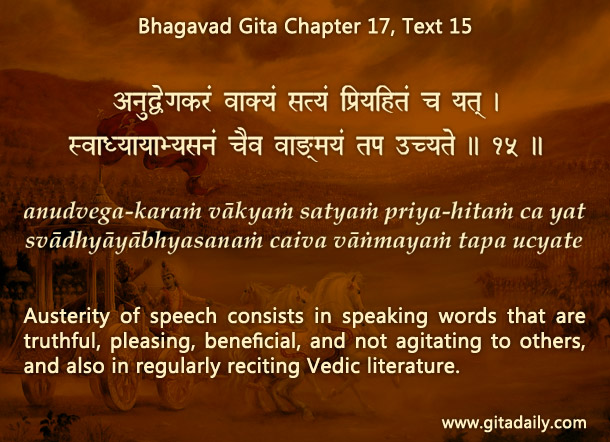Life in this world is characterized by constant change. Functioning effectively in such a world, therefore, demands a dynamic approach to life. The need for such dynamism is evident, for example, in geopolitics, where a cardinal defining principle is that there are no permanent friends, only permanent national interests.
In recent geopolitical history, we see this principle most dramatically in the post-World War II global scenario. During the war, America and Britain were pitted against Germany, while Russia joined America’s side. However, after the war, America and Germany became allies, and Russia became the common enemy.
A similar dynamic can manifest when we try to share spiritual wisdom with others. Sharing spirituality involves fighting against misconceptions and misdirections, particularly the specific misconceptions and temptations that afflict society, the intended audience for spiritual outreach. This audience can vary according to changing times.
This can be observed in the spiritual history of India over the last 700 years. Prior to the times of British colonialism, the main intellectual battle was between various schools of Vedic thought. Writing commentaries on Vedanta was a key strategy to establish the authenticity and superiority, if not supremacy, of one’s own philosophy. This was because a major part of the audience in India was tempted and distracted by various practices and beliefs derived from Vedic texts, with different degrees of deviations.
However, as the British brought scientific rationality and technology to India, the main misconception and temptation captivating and distracting the audience changed. The focus shifted from interpreting the texts to questioning their relevance and rationality in the age of science. Spiritual teachers had to strategically focus on the spirit of rational inquiry inherent in the texts and highlight the practical wisdom contained within the broader body of knowledge. They didn’t spend too much energy on writing commentaries and literature, as that wouldn’t help the audience of their generation to grow spiritually.
By observing the expert awareness demonstrated by spiritual teachers in their outreach initiatives, we too can learn what battles we need to fight today and against which enemies. We can identify the set of misconceptions and temptations that distract our intended audience. The Bhagavad-gita calls us towards such pragmatism, urging us to speak in a way that is not only truthful but also helpful (17.15).
Summary:
Victory in any war requires us to fight today’s battles against today’s enemies, not yesterday’s battles against yesterday’s enemies.
Think it over:
- How does Western geopolitical history demonstrate the importance of fighting today’s battles rather than yesterday’s battles?
- How does Indian intellectual history show the same principle?
- How can you apply this principle in your outreach initiatives?
***
17.15: Austerity of speech consists in speaking words that are truthful, pleasing, beneficial, and not agitating to others, and also in regularly reciting Vedic literature.
Audio explanation of article is here: https://gitadaily.substack.com/p/fight-todays-battles-not-yesterdays
To know more about this verse, please click on the image.


Leave A Comment